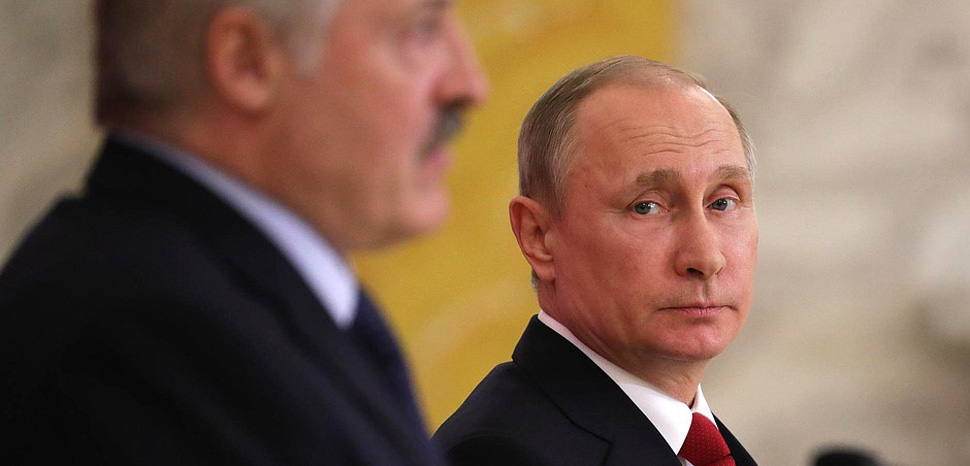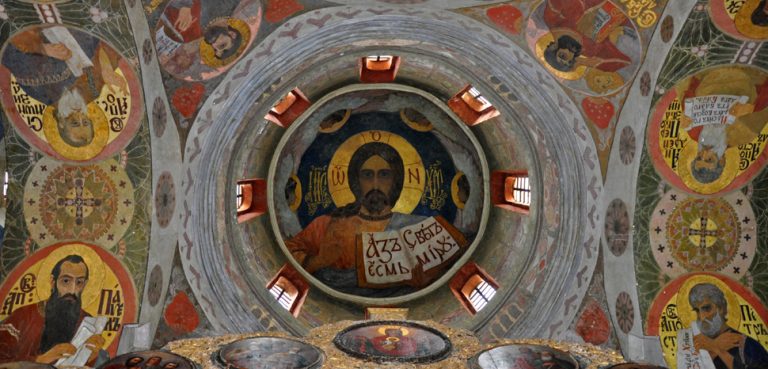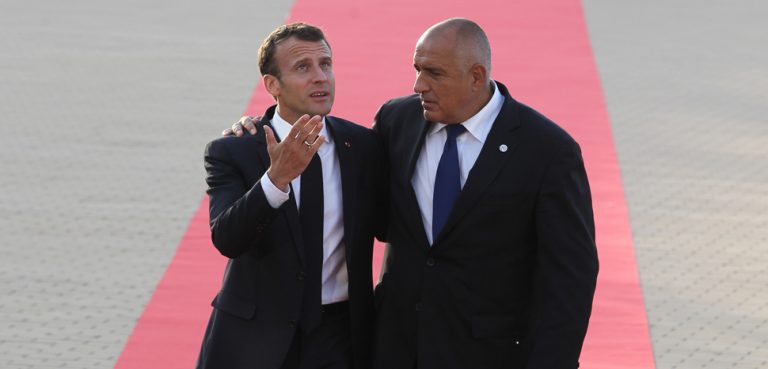Summary
Since gaining independence from the Soviet Union in 1991, Belarus has experienced the uninterrupted rule of President Aleksandr Lukashenko. Under his authoritarian yet stable leadership, the country pursued an isolationist policy and refused steps toward integration with Western Europe. At the same time, it maintained a pro-Russian attitude, even though it retained its autonomy and never became a satellite state dependent on Moscow’s will. But Lukashenko will not be president forever. The day will come when he either decides to abandon his post, is physically unable to continue, or simply passes away. And when that day arrives, Belarus will find itself at a crossroad in both domestic and international politics. For its own safety and stability, the country will need to maintain a delicate equilibrium between the West and Russia. If it fails to do so, it may trigger an intervention from its powerful eastern neighbor and become the next Ukraine.
Background
With the collapse of the Soviet Union in 1991, Belarus gained its independence. But unlike other post-Soviet states, independence did not mean democratization. It wasn’t long before Aleksandr Lukashenko took a central role in the country’s national politics. After being elected for the first time in 1994, his mandate was renewed with a sweeping majority in each successive election. Though formally a Republic, Belarus quickly devolved into an authoritarian system, with fundamental powers concentrated in the president’s hands and the parliament dominated almost exclusively by the ruling party. To this day there is no serious political opposition; the police actively suppress activists and rival groups; and elections are neither free nor impartial.




